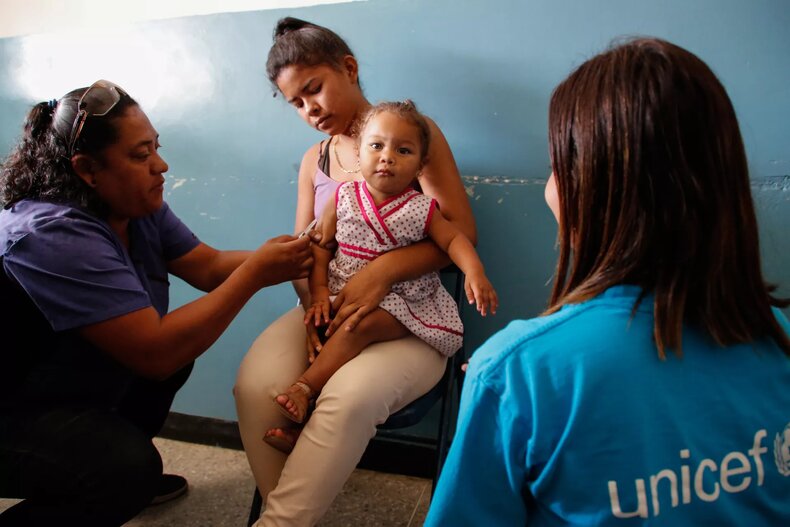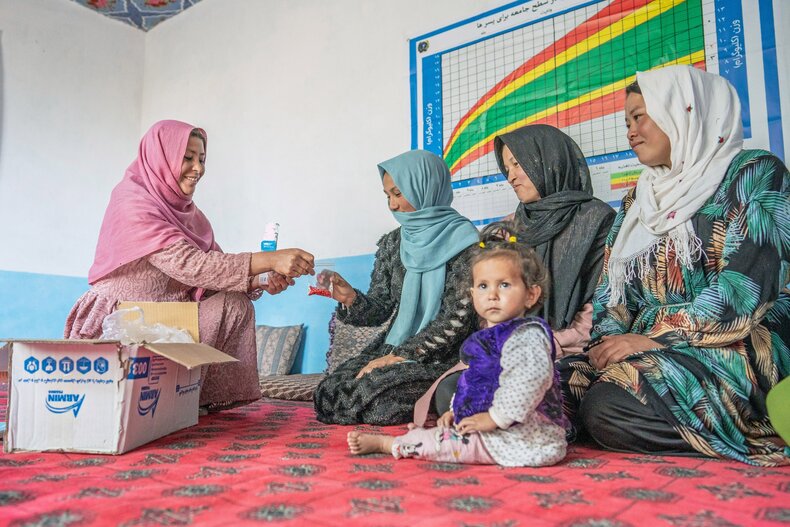
World Health Day serves as a global reminder of the urgent need to improve healthcare access and outcomes for all.
Yet, despite progress in medicine, millions of women and newborns still face life-threatening risks due to preventable causes.
The staggering statistics on maternal and infant mortality highlight a crisis that demands immediate attention and action.

According to recent estimates and WHO, nearly 300,000 women die each year due to pregnancy or childbirth complications, while over 2 million newborns die within their first month of life. An additional 2 million babies are stillborn, meaning a preventable death occurs every seven seconds.
Alarmingly, 4 out of 5 countries are not on track to meet global targets for improving maternal survival by 2030, and 1 in 3 will fail to reduce newborn deaths.
The crisis is even worse in conflict zones and low-income countries, where healthcare shortages leave pregnant women and infants at extreme risk. Without urgent intervention, these disparities will continue to widen, costing countless lives.

International aid plays a crucial role in supporting healthcare systems in struggling nations.
However, funding cuts - such as those imposed by the Trump administration’s reduction of USAID support - have had devastating consequences.
In Afghanistan, more than 200 WHO-run health facilities serving 1.84 million people have closed due to funding losses. These clinics provided essential services, including maternal and child healthcare, vaccinations, and emergency treatments.
In the worst-affected regions - northern, western, and northeastern Afghanistan - over a third of health clinics have shut down, with another 220 expected to close by June.

The crisis is worsened by Taliban restrictions preventing women from traveling without a male guardian, further limiting their access to medical care.
Without international support, vulnerable populations - especially mothers and babies - are left without lifesaving resources.

To combat this crisis, the global community must take decisive action:
- Raise awareness about gaps in maternal and newborn survival rates.
- Advocate for increased funding to improve healthcare infrastructure in high-risk regions.
- Support policies that prioritize women’s long-term health and well-being.
- Encourage collective action to assist parents and healthcare workers providing critical care.

Every seven seconds, a mother or newborn dies from preventable causes.
This World Health Day, we must demand stronger investments in healthcare, policy changes to protect women’s rights, and international solidarity to ensure no life is lost due to neglect.
The time to act is now!
Yours
sincerely

